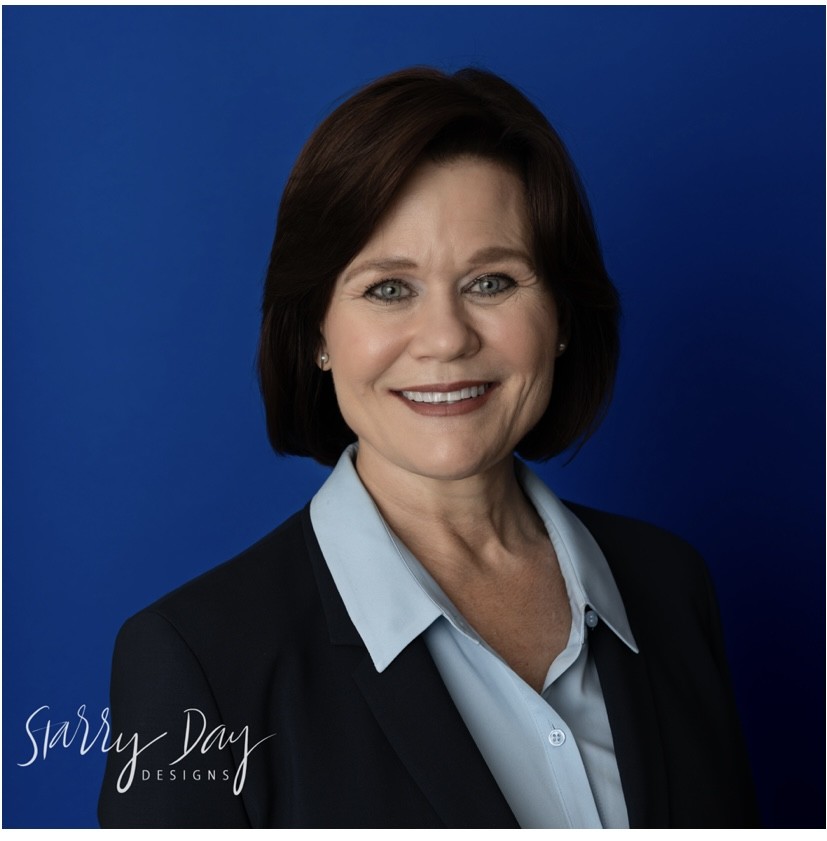Learn About Us:
Texas Estate Planning & Probate Law Firm
Core Values of Texas Trust Law
- Passion: For Our Work and Our Clients’ Needs
- Humility: Treat Everyone with Dignity and Respect
- Compassion: For Emotional and Financial Issues
- Focus: On People Not Products
- Community: For Ourselves and Our Clients
- Determined: To Find the Right Solution
- Simplify: Make the Complex Simple
- Innovative & Creative
- Positive: We Make Our Clients’ Lives Better
- Have Fun: Life Is Short!
Texas Trust Law Promises to:
- Listen More than We Speak;
- Give Wise, Solid Counsel;
- Respect You and Your Needs;
- Focus First on Simplicity, not Complexity;
- Communicate with You, Not Confuse You.
Attorneys
Client Experience Team
Texas Trust Law focuses its practice exclusively in the area of wills, probate, estate planning, asset protection, and special needs planning.
Brad Wiewel and Rob Hugos are Board Certified in Estate Planning and Probate by the Texas Board of Legal Specialization. Less than 1% of all Texas attorneys are Board Certified in Estate Planning and Probate Law. Rob Hugos is also a CPA.
Melissa Donovan is a Certified Elder Law Attorney (CELA) by the National Elder Law Foundation. Only 30 attorneys in Texas have this designation.
We provide estate planning services, asset protection planning, business planning, and retirement exit strategies. The resources provided above should not be considered legal advice.
How Much Do Our Services Cost
Customer-Friendly Pricing
Texas Trust Law has implemented unique, customer-friendly pricing for our clients. The basic feature of our pricing is that we work carefully with our clients to arrive at a customized price for specific services. Before representation begins, our clients know the amount they will owe and the maximum amount of resources they will have to dedicate to their legal needs. This method of pricing is relatively unique to our planning services and is designed to foster extreme customer satisfaction.
With a probate or other estate planning issues, you are already dealing with a number of difficulties. Paying your attorney should not be one of these. By understanding exactly what you will owe before we start handling your case, you will not be blindsided by unforeseen legal costs. This is just one of the ways Texas Trust Law helps during these trying times.
Traditional Fees
Most lawyers charge for their services by the hour. What this typically means is that the lawyers keep track of the time they spend on the case and then send the client a bill for their services, based upon the time spent. Lawyers keep track of their time in intervals, such as quarter hour or tenth of an hour. When they bill the client, they typically put the date the work was completed, a description of the work, and a statement of the time. A bill might look like this:
- Telephone conference with client for 0.25 minutes
- Receive and review trust documents and telephone call with client for 0.50 minutes
- Receive and review funding information, probate filing, and correspondence to client; prepare summary of decedent’s will and trust for 1.50 hours
Total Time:
2.25 X $500 per hour = $1,125.00
As you can see, the cost can quickly add up. While Texas Trust Law has employed this method in the past, we believe a better method of pricing exists in the form of what we call “Value Pricing.”
The Change to Value Pricing
Texas Trust Law made the decision to move away from hourly billing because charging by the hour focuses the lawyers’ thoughts on time and procedure instead of mission and results. After nearly thirty years of experience with clients with legal problems, we believe that clients care about how they are served and about the results that are being achieved rather than what amount of time was spent.
As a matter of fact, many people, both in and outside of the legal profession, believe that the billable hour method creates incentives for delay, unnecessary procedure, and increased expense. Texas Trust Law eschews such a method and believes the value pricing method is the method of the future from a client satisfaction standpoint.
Our value pricing method offers such benefits as:
- Customized pricing. We work with each client individually to develop a clear mission for their legal representation. Once we have the mission in mind, we can determine what price point will work to achieve the client’s goals. We work closely with each client to create a customized price we believe will grant us the best opportunity at achieving a successful outcome.
- Value pricing eliminates the uncertainty of hourly billing, as we will customize a set price for each client based on his or her unique case. The client knows what to expect and is not surprised by additional fees.
- Clients are not mislead. With hourly billing, it is virtually impossible to say what a planning engagement may end up costing a client when all is said and done. Our value pricing protects our clients from being misled by initial estimates that an attorney may offer based on hourly billing practices.
- Mission-oriented representation. Our prices are customized with results, not time, in mind. Pricing caps and set prices create a strong incentive to efficiently and expeditiously achieve each client’s objectives.
- The cap. We take it a step further and place a cap on the total cost of our services in our contract with our clients. You will not receive a bill for unforeseen services. You will not be charged more than the contract states.
The American Bar Association & Other Leaders Support “Value Pricing”
Work on the topic of value pricing began with the ABA Law Practice Management Section Task Force on Alternative Billing Methods in 1989. This Task Force published Beyond the Billable Hour: An Anthology of Alternative Billing Methods.
In 2002, the ABA Commission on Billable Hours published its report. The report contained a Preface by ABA President Robert E. Hirshon, which discussed the many reasons for abandoning the billable hour. In the first sentence of his Preface, he opines that “many of the legal professions contemporary woes intersect at the billable hour.” He writes that the billable hour is responsible for a lack of balance in lawyers’ lives, negative impacts on lawyers’ families, loss of professional mentoring, decrease in lawyer service, less collegiality, and a loss of focus on efficiency.
No less an authority than the Honorable Stephen G. Breyer, Associate Justice, Supreme Court of the United States, weighed in on the side of dumping the billable hour, writing in the Foreword of the report, in part: “The villain of the piece is what some call the ‘Treadmill’–continuous push to increase billable hours…The Committee’s technical task, then, …is difficult. Yet I believe it is a challenge that cannot be declined, lest we abandon the very values that led many of us to choose this honorable profession. ”
There have been three important ABA publications on alternative billing:
- Beyond the Billable Hour: An Anthology of Alternative Billing Methods,
- Winning Alternatives to the Billable Hour
- Billing Innovations: New Win-Win Ways to End Hourly Billing.
In Winning Alternatives to the Billable Hour, ABA President Hirshon writes, “The billable hour, such as it is, encourages too many of the wrong principles and suppresses too many of the right ones.” Foreword, viii. In Billing Innovations, author Richard Reed minces no words about the demise of the billable hour: “[I]t is probable that straight hourly billing (billing by hours spent without limit and without regard for the benefit conferred) will virtually disappear in the years ahead….The time has come to say goodbye to time as the sole criterion for measuring the value of legal services.”
Lately, a new force has entered the picture: CPA and author Ron Baker who has authored several books on the subject, including:
- Pricing on Purpose: Creating and Capturing Value
- Professional’s Guide to Value Pricing
- The Firm of the Future: A Guide for Accountants, Lawyers and Other Professional Services
In his first work, Value Pricing, Baker traces the history of hourly billing to the 1940’s when large Wall Street firms adopted time sheets. Baker argues emphatically for the demise of the billable hour and presents a lengthy “how to guide” to practitioners on how to convert from hourly billing to what he calls “Value Pricing.” Baker states that customers do not buy efforts – they buy results.
Are you ready for a FREE Consultation?
For a consultation, please call 512-480-8828, or complete the Request a FREE Initial Consultation form and we will give you a call to schedule.




























